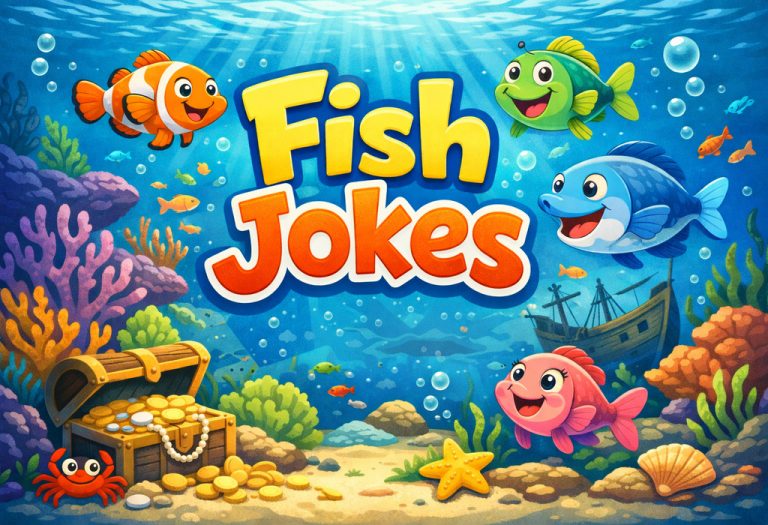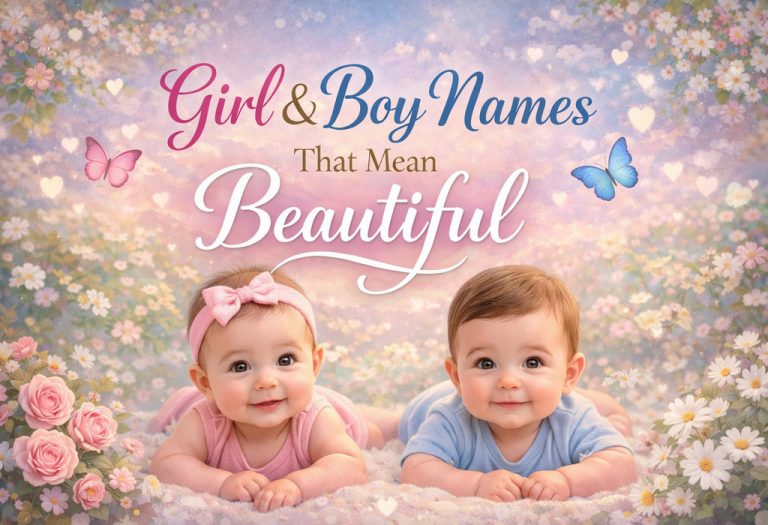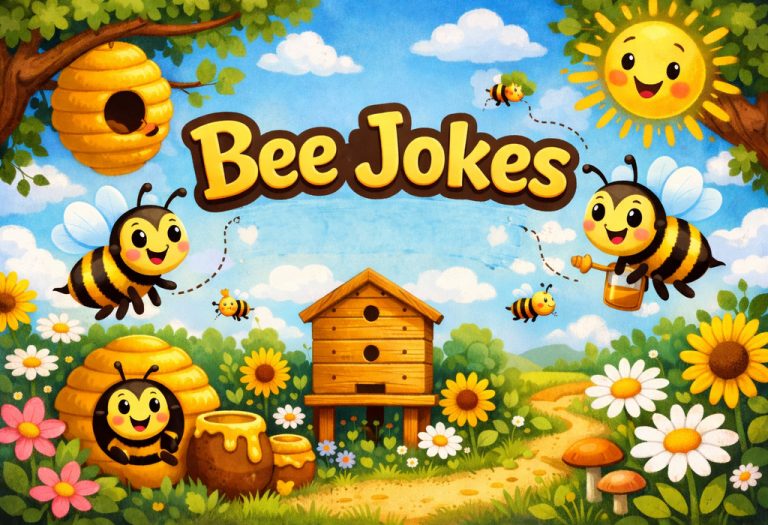2 Months Old Baby Milestones
It is an absolute delight for the parents to see their baby grow. As parents, we like to keep a tab on our baby’s developmental process and love to monitor it. The first two months of a baby’s life are full of amazing changes. During this time, babies grow quickly and start to show new skills that set the stage for future development. However, every baby is different and may reach a particular milestone at his own pace. We as parents need to remember that reaching a particular milestone is not a race that your baby is participating in. Sooner or later, your baby will be crossing all the milestones. In the following article, we shall discuss some common developmental milestones of a 2-month-old baby.
Motor Skills
Your baby may develop the following motor skills by two months of age (1):
- Better Neck and Head Control: Your baby will be able to hold up the neck more steadily than before while lying on the tummy.
- More Coordinated Movements: Your baby will have smoother and more coordinated movements. Laying on the back your baby may be able to do little push-ups movements while moving his arms and legs.
- Better Grasping: Your baby will begin to develop better-grasping movements and may unclasp the hand and may even wave.
- Drooling Begins: Your baby’s salivary glands will begin to function, and your baby will start drooling. Though drooling is generally associated teething that will not begin until your baby turns four months old.
Sensory Development Milestones
Following are some of the sensory developments that you may notice in your two-month-old baby:
- Better Hearing: Your baby will become a better listener and may differentiate between you and your partner’s voice. You may even notice your baby reacting to your voice, and he may even turn towards the source of the sound (2). Your baby may feel comforted by listening to familiar voices. The more you sing and talk to your baby, the more he will react and respond to your voice.
- Better Vision: One of the main baby development 2 months milestone is a better vision. Your baby may see about 60 centimetres from his face, which means when you get your face close to your baby, he will recognise you. You will also notice your baby reacting to various primary colours and bolder shapes. Your baby may distinguish between contrasting colours, such as black and white.
- Responds to Touch: Your baby will begin to respond to your gentle touch and may feel comforted when you hug, rock or cuddle him.
- Better Sense of Touch: Your baby may chew upon his toys to establish their textures. He may even begin to differentiate between hard and soft things.
Cognitive Development Milestones
Cognitive milestones reflect their developing memory, attention, and problem-solving abilities at two months old. Here are some newborn milestones in 2 months to look out for (3).
- Your Baby Begins to Smile: Your baby will begin smiling at around this age. You will notice that when you talk to your baby or make funny faces, he will smile back at you.
- Better Understanding of Human Faces: Your baby will have a better understanding of human faces and may recognise familiar looking faces from a distance. Playing a peek-a-boo game with your baby at this stage in order to initiate the concept of object permanence, will prove to be a good idea.
- Your Baby May Show Feelings of Boredom: Believe it or not, by this age your tiny bundle of joy is all ready to throw tantrums if he feels bored or uninterested in some activity. Well, this may be your cue to engage him in some other activity.
- Your Baby Likes to Inspect the Things Around: Around two months of age, you will notice your baby showing interest towards new objects. Your baby may inspect the new toys with his eyes and then by touching and chewing them to get a better understanding. You may even begin reading,g to him from a colourful storybook. Playing music will also be a good idea to develop better cognitive skills in your baby.
Speech Development Milestones
As far speech development in your two-month-old baby is concerned, you will be listening to adorable coos that come directly from your baby’s larynx (4). Though these sounds do not make much sense, it is very important that you still talk to your baby because it will help your baby to pick up his first words. Following are some of the things you may try:
- Repeat the words that your baby says such as, ba-ba, da-da, pa-pa etc.
- Try and speak slowly so that your baby may see your mouth movements and listen carefully to the words being spoken to.
- Have as many conversations with your tiny tot to teach him how to listen and respond.
- Try and pretend to understand your baby’s language, even if they are just coos, and respond to it.
- Try and copy your baby’s facial expressions and smiles to help him communicate better.

Social/Emotional Milestones
At two months old, babies begin to show early signs of connecting with the people around them. These small but heartwarming behaviours are their first steps toward building social and emotional bonds. Let’s look at a few milestones you might notice (5):
- Smiling Responsively: Babies start to smile in response to familiar faces or voices, showing their growing ability to recognise and enjoy social interaction.
- Turning Toward Voices: They may turn their head toward a caregiver’s voice, demonstrating their interest in communication and connection.
- Soothing with Comfort: Babies begin to feel comforted by a familiar caregiver’s touch or voice, which helps them feel secure and calm.
Brain Development Milestones
By two months, a baby’s brain is growing rapidly, helping them process and respond to the world around them. Here are a few important milestones you may notice:
- Improved Focus: Babies start to track objects with their eyes, showing that their vision and brain coordination are improving.
- Recognising Faces: They begin to recognise and prefer the faces of their caregivers, which is an early sign of memory development.
- Increased Curiosity: Babies may show interest in new sounds, movements, or objects.
Food and Nutrition Milestones
Some parents may take the above-mentioned milestones too seriously and may make many visits to their doctor’s clinic just to know if anything is wrong. Just the way all adults are different, so are babies. However, if you notice these symptoms in your baby, it is recommended to seek your doctor’s advice:
- Your baby is not bringing his hands to his mouth.
- Your baby is not reacting to loud sounds or noises.
- Your baby is not focusing or observing things with his eyes.
- Your baby is not smiling at people or reacting to known faces.
- Your baby is not able to hold his head while lying on her tummy.
Tips for Helping Your Child Achieve Two Months Old Milestones
Following are some tips that may help your two-month baby to achieve the above-mentioned milestones:
- Help your baby lie down his tummy. This helps in getting better control of head and neck movements.
- If you are breastfeeding, you may ask for additional vitamin D drops to aid better bone and teeth development of your baby.
- Adhere to your baby’s immunisation schedule.
- Take your baby for a two-month-old check-up.
FAQs
1. How much should a 2-month-old sleep?
Most 2-month-olds sleep around 14-17 hours a day, including naps. They may begin to sleep for longer stretches at night, though frequent waking for feeding is still common (6).
2. What kind of toys are suitable for a 2-month-old?
Soft toys, black-and-white contrast cards, and gentle rattles are perfect for stimulating a 2-month-old baby’s senses and encouraging early motor skills (7).
3. Why is tummy time important for a 2-month-old?
Tummy time helps strengthen the baby’s neck, shoulders, and upper body muscles, which are essential for rolling over and eventually crawling (8). It also helps prevent flat spots on the back of the head.
In the article, we discussed some common developmental milestones your 2-month-old baby may achieve. While every baby is unique and develops at their own pace, these precious moments create lasting memories and deepen the connection between you and your little one.
References/Resources:
1. Important Milestones: Your Baby By Two Months; Centers for Disease Control and Prevention; https://www.cdc.gov/ncbddd/actearly/milestones/milestones-2mo.html
2. Your baby in the first 2 months; NHS inform; https://www.nhsinform.scot/ready-steady-baby/early-parenthood/getting-to-know-your-baby/your-baby-in-the-first-2-months/
3. Well-Baby Care Visits & Developmental Milestones (Age 0-12m); Cleveland Clinic; https://my.clevelandclinic.org/health/articles/22063-baby-development-milestones-safety
4. 2-Month Baby Developmental Milestones; Help Me Grow; https://helpmegrowmn.org/HMG/DevelopMilestone/2Months/index.html
5. Your baby’s developmental milestones at 2 months; UNICEF; https://www.unicef.org/parenting/child-development/your-babys-developmental-milestones-2-months
6. Sleep and Your 1- to 3-Month-Old; Nemours KidsHealth; https://kidshealth.org/en/parents/sleep13m.html
7. Learning, Play, and Your 1- to 3-Month-Old; Nemours KidsHealth; https://kidshealth.org/en/parents/learn13m.html
8. Tummy Time; Nemours KidsHealth; https://kidshealth.org/en/parents/tummy-time.html
Also Read:
1 Month Old Baby Milestones
3 Months Old Baby Milestones
4 Month Old Baby Milestones
Fifth Month Old Baby Milestones
Was This Article Helpful?
Parenting is a huge responsibility, for you as a caregiver, but also for us as a parenting content platform. We understand that and take our responsibility of creating credible content seriously. FirstCry Parenting articles are written and published only after extensive research using factually sound references to deliver quality content that is accurate, validated by experts, and completely reliable. To understand how we go about creating content that is credible, read our editorial policy here.





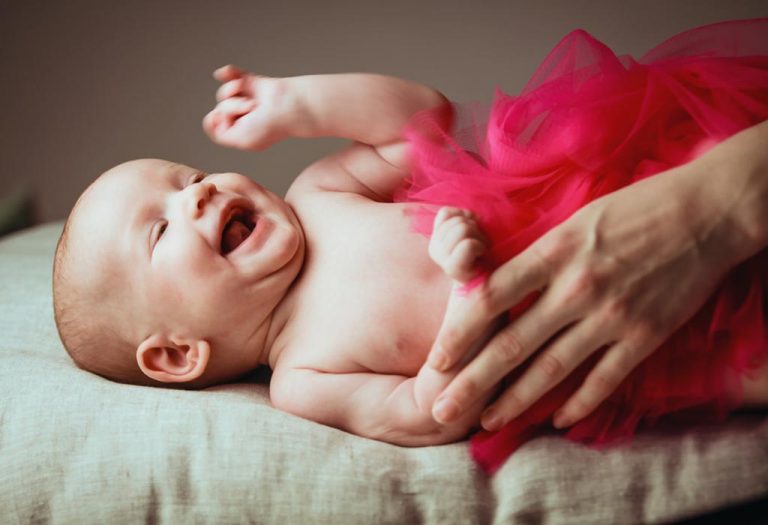
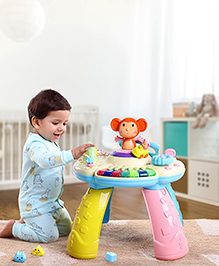
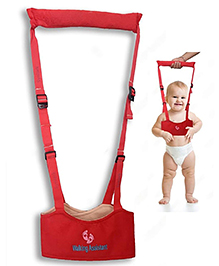
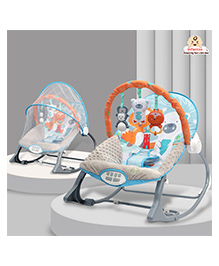
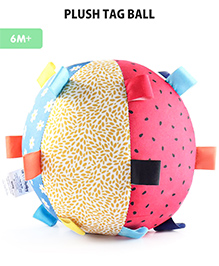
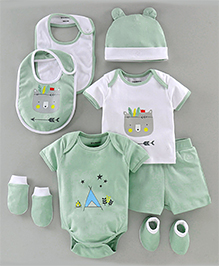
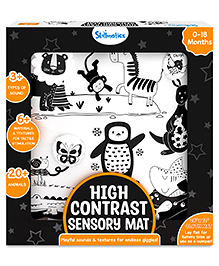
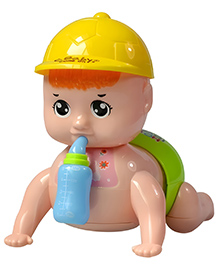
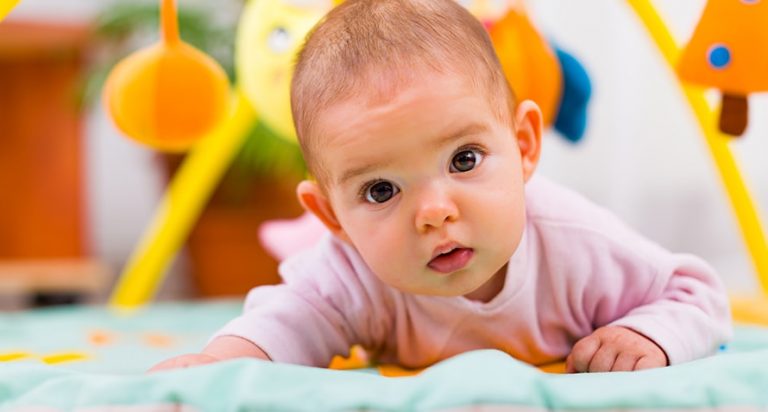
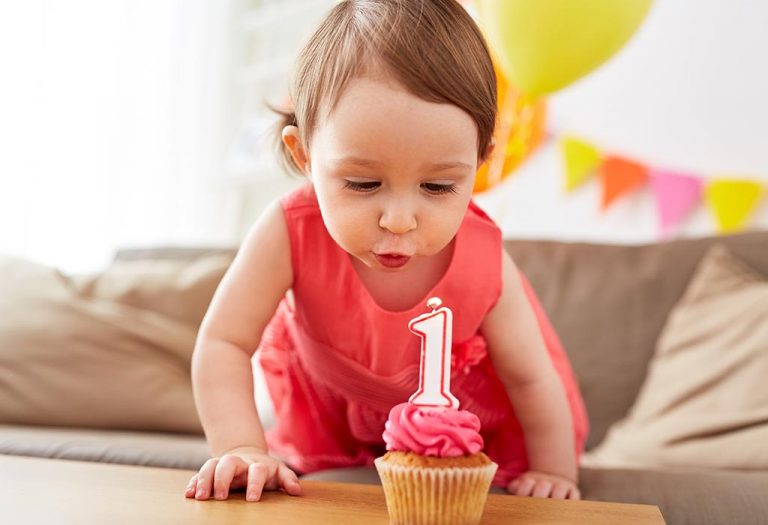
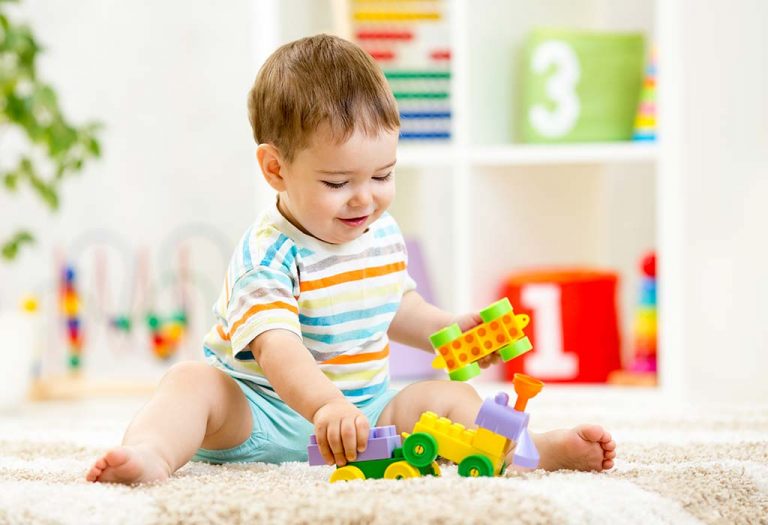
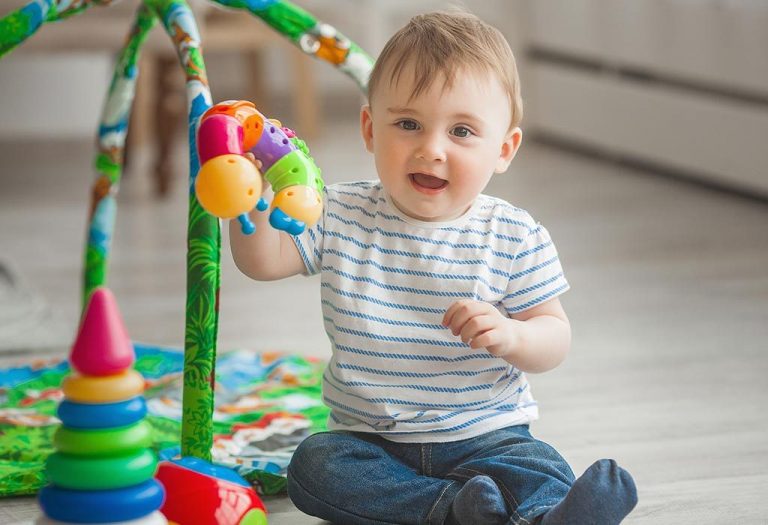
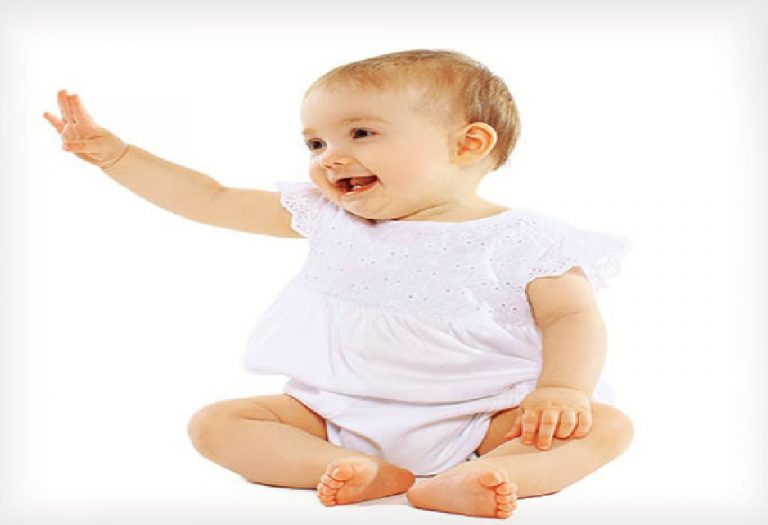
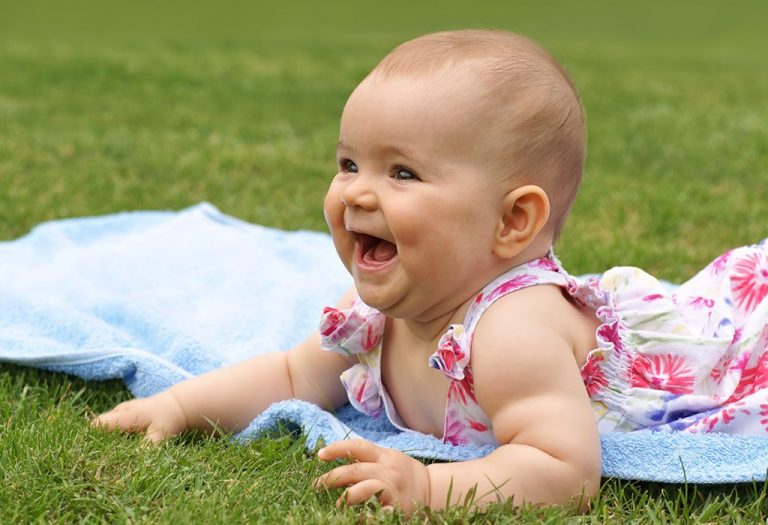

.svg)








